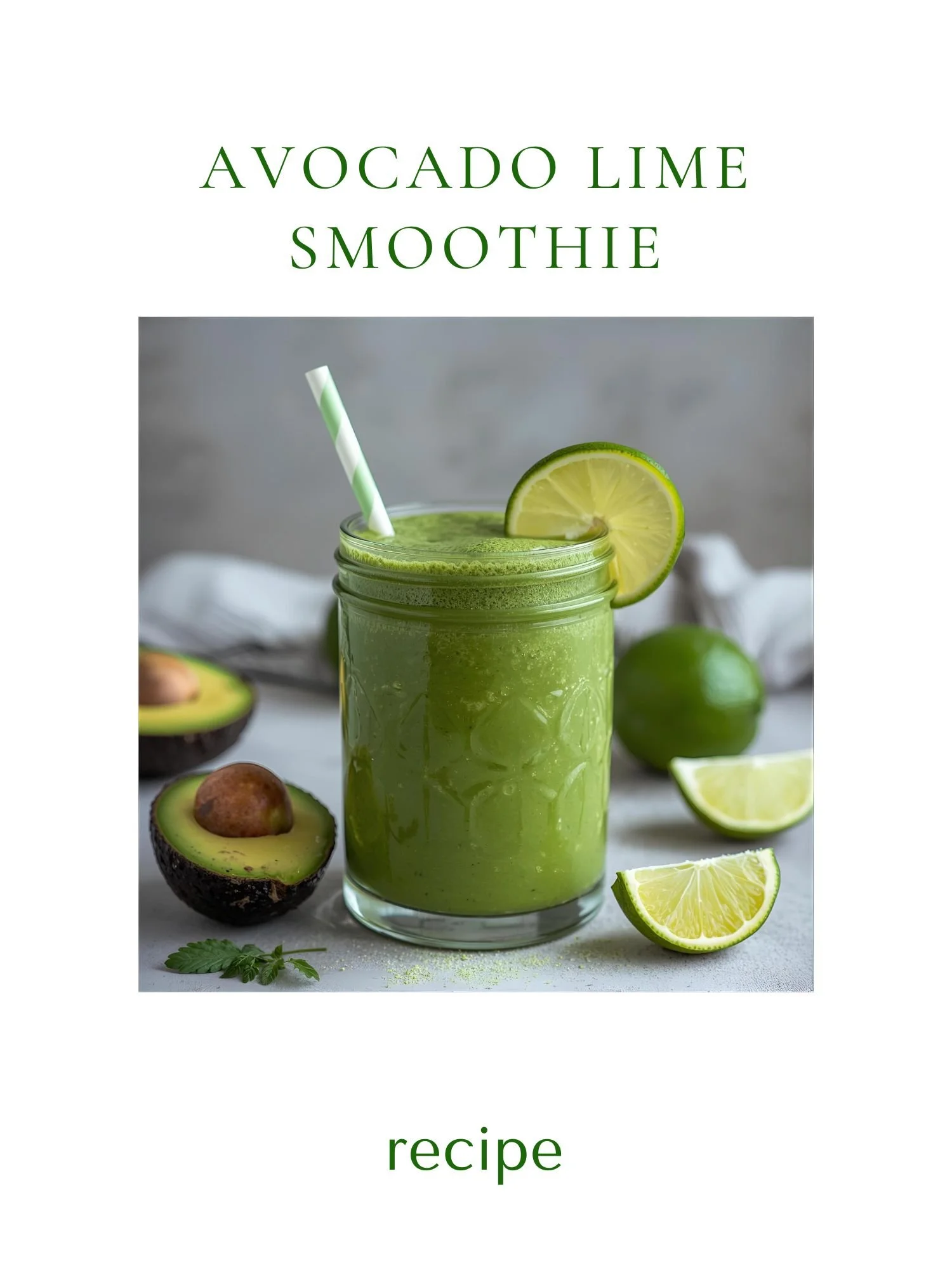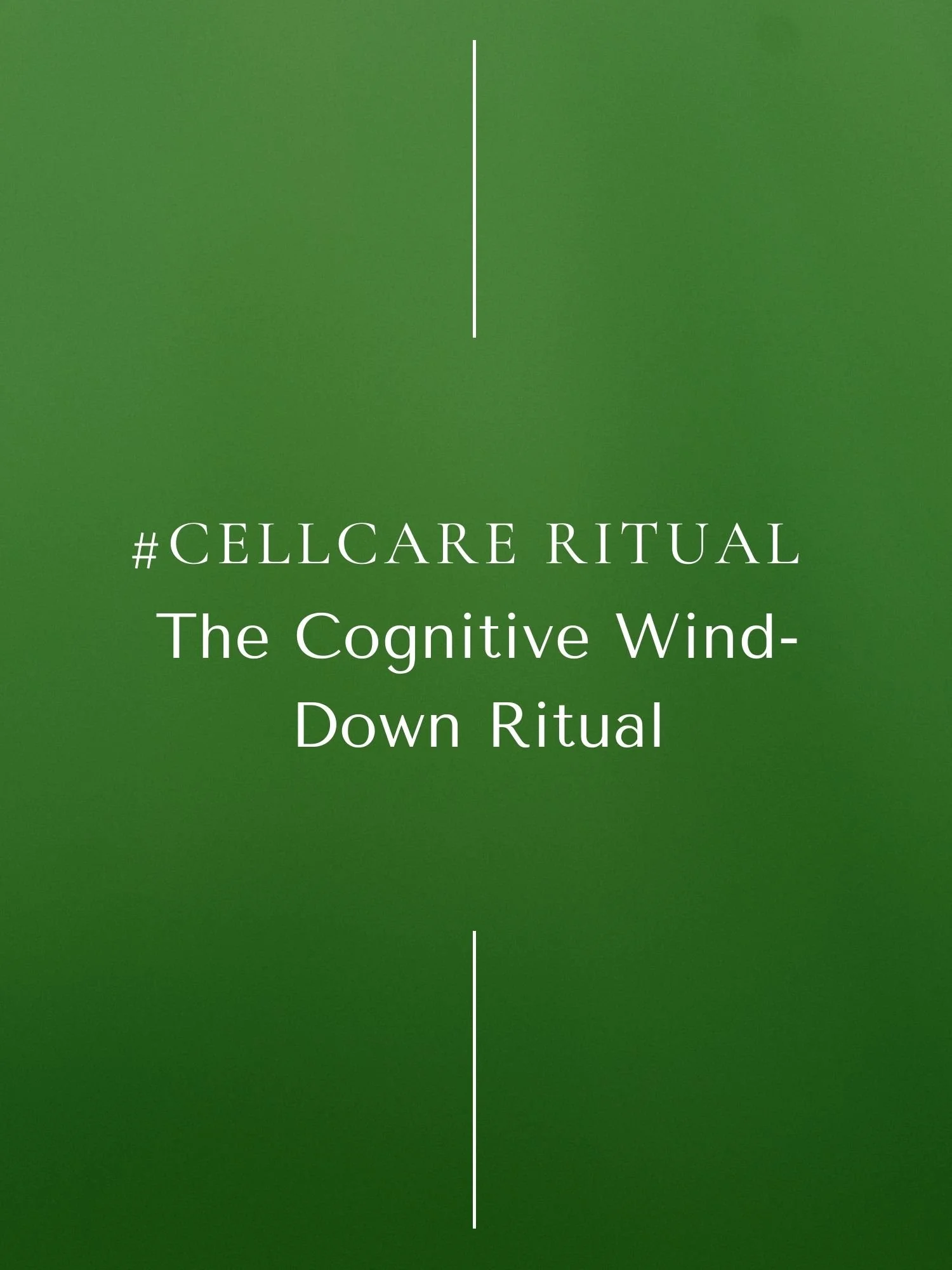Biohack Your Health With Plant-Based Gluten-Free Recipes
power of plants to biohack your health
Biohacking—the idea of hacking your body to improve specific health markers like energy, sleep, digestion, and metabolism—has been a popular trend in recent years. It's not only the realm of Silicon Valley entrepreneurs and the rich and famous; it's something that anyone can do! But, of course, I'm talking about changing your diet, getting enough exercise, learning how to manage stress, or meditation techniques—all of which affect our bodies in different ways.
Biohacking—the idea of hacking your body to improve specific health markers like energy, sleep, digestion, and metabolism—has been a popular trend in recent years.
Many believe they can boost their health by changing their diet or lifestyle. It might sound crazy at first, but there's actually quite a bit of evidence supporting the benefits of biohacking in this way.
For example, studies have shown that the Mediterranean diet can reduce inflammation and lower cholesterol levels. Meanwhile, other research suggests that eating more plant-based foods may help prevent cancer, while another study found that eating plenty of whole grains could reduce the risk of diabetes. The concept of biohacking goes beyond what we eat because other lifestyle practices such as exercise and meditation can also improve certain health markers.
ARTICLE CONTINUES BELOW
Biohacks That Will Improve Your Health
If you haven't already, it's time to try a plant-based diet. Research shows that eating more plants has many health benefits, such as healing your gut, maintaining healthy blood sugar levels, and treating your microbiome – all of which can help prevent disease.
So, what does this mean for you? It means that if you've been feeling tired or sluggish at work, then perhaps it's time for you to start eating more vegetables!
Improve your sleep and heal your gut with these biohacks
When you eat a plant-based diet, you're eating more plants and avoiding processed foods. As a result, your gut and digestion are healthier, which leads to reduced bloating and inflammation. In addition to these perks, a plant-based diet can improve your immune function.
Many people report that a plant-based diet helps them sleep better, and some evidence supports this. Moreover, high-protein foods like steak and chicken take a long time to digest, which can disrupt sleep since digestion slows by up to 50 percent when you sleep. You will face a similar challenge if you eat a large meal just before bedtime. It is also recommended to avoid aged or processed cheeses, salami, and pepperoni because they contain tyramine, which causes the release of norepinephrine, which can stimulate the brain. If you're serious about improving your health, it's time to say goodbye to late night wine and charcuterie.
Consider eating your last meal three to four hours before you go to bed, avoiding evening cocktails, opting for herbal tea, and consuming foods that support melatonin, such as tart cherries and pistachios.
The plant-based diet is a biohack to maintain healthy blood sugar levels
A plant-based diet can help with blood sugar levels by regulating the body's insulin sensitivity. A diet high in refined carbohydrates, such as white bread and pasta, has been linked to various health issues, including weight gain, heart disease, and diabetes.
In order for your body to process carbohydrates for energy, it needs insulin from the pancreas. So when blood sugar levels are high, the pancreas releases more insulin into the bloodstream to allow cells access to glucose (sugar) from food sources like fruits and vegetables so it can be used as fuel for muscles or stored as fat when needed later on if activity levels decrease dramatically over time.
Processed and refined foods should be avoided at all costs. Due to their detrimental effects on your cellular health, they contribute to a myriad of chronic diseases. Some say they contribute to early aging and wrinkles because they lack antioxidants.
Using fermented foods as a biohack to support your microbiome
You've probably heard the term "microbiome" thrown around a lot lately. It's the community of bacteria that lives in your gut and is responsible for helping you digest food and absorb nutrients from the food you eat. The good news is that you can nurture this microbiome by making minor adjustments to your diet, so it works better than ever before!
One way is by adding probiotic foods to your routine daily diet like sauerkraut (fermented cabbage), yogurt (fermented nondairy milk) or kefir (fermented nondairy milk). Probiotic foods contain live active cultures that can help improve digestion as well as provide immune system support by crowding out harmful bacteria in your gut.
Another way is by eating fermented vegetables such as kimchi or sauerkraut regularly—these are also packed with prebiotics which feeds the beneficial microbes already living within our bodies! This will encourage them to grow stronger and multiply faster than before, so you get even more out of them over time."
Biohacking cellular health with plant-based diet
Plant-based diets are good for you because they're rich in fiber and nutrients. In addition, they're good for the planet because they reduce greenhouse gas emissions when compared to meat production. They're also great for animals because they don't involve killing animals for food. And finally, plant-based diets are suitable for your wallet because they'll save you money on groceries (especially if you eat fruits and vegetables primarily). Moreover, switching to this type of diet doesn't require much effort. If you're looking for new ways to hack your health, we've got plenty of delicious plant-based recipes that are gluten-free and easy to make.
These BIOHACKING recipes will set you on the path to better health.
When you start eating a plant-based diet, you may wonder how to make it work. We've got some great tips to help you get started and ensure your new lifestyle sticks.
Initially, focusing on eating as many vegetables as possible is essential. There are so many different ways to prepare veggies packed with nutrients—something everyone should be getting more of in their diet! When cooking with vegetables, try making them the main ingredient instead of meat or dairy products. For example: instead of serving a mercury filled crabcake, serve a Lion’s mane crab cake topped with moringa chutney (like this one from the #CellCare Cookbook by Dr.Bhanote). You can also add colorful veggies like bell peppers or carrots into any recipe that calls for them—they add an extra flavor without being overpowering!
The book's recipes are focused on quick and easy-to-prepare meals. Many of them can be made in under 30 minutes, so they're perfect for busy families.
The recipes in this book are based on a plant-based diet, gluten-free and contain ingredients to optimize your health. Think out of the box!
Download your Plant-based, Gluten-free, Biohackers Cookbook today to improve your Cellular Health
The recipes in this book are all plant-based and gluten-free, so if that's something you need to avoid, then you'll be happy with these. But even if you don't have gluten sensitivity or an allergy, these recipes are still worth trying out since they're full of nutritious ingredients that will help improve your health!
MAKE A DIFFERENCE BY SHARING THIS ARTICLE WITH OTHERS TO ENCOURAGE WELLBEING ⤵
REFERENCES:
Meslier V, Laiola M, Roager HM, De Filippis F, Roume H, Quinquis B, Giacco R, Mennella I, Ferracane R, Pons N, Pasolli E, Rivellese A, Dragsted LO, Vitaglione P, Ehrlich SD, Ercolini D. Mediterranean diet intervention in overweight and obese subjects lowers plasma cholesterol and causes changes in the gut microbiome and metabolome independently of energy intake. Gut. 2020 Jul;69(7):1258-1268.
Dinu M, Abbate R, Gensini GF, Casini A, Sofi F. Vegetarian, vegan diets and multiple health outcomes: A systematic review with meta-analysis of observational studies. Crit Rev Food Sci Nutr. 2017 Nov 22;57(17):3640-3649.
Kahleova H, Petersen KF, Shulman GI, Alwarith J, Rembert E, Tura A, Hill M, Holubkov R, Barnard ND. Effect of a Low-Fat Vegan Diet on Body Weight, Insulin Sensitivity, Postprandial Metabolism, and Intramyocellular and Hepatocellular Lipid Levels in Overweight Adults: A Randomized Clinical Trial. JAMA Netw Open. 2020 Nov 2;3(11):e2025454.
Shah B, Newman JD, Woolf K, Ganguzza L, Guo Y, Allen N, Zhong J, Fisher EA, Slater J. Anti-Inflammatory Effects of a Vegan Diet Versus the American Heart Association-Recommended Diet in Coronary Artery Disease Trial. J Am Heart Assoc. 2018 Dec 4;7(23):e011367.
Craig WJ. Health effects of vegan diets. Am J Clin Nutr. 2009 May;89(5):1627S-1633S.
Le LT, Sabaté J. Beyond meatless, the health effects of vegan diets: findings from the Adventist cohorts. Nutrients. 2014 May 27;6(6):2131-47.
The information on this website has not been evaluated by the Food & Drug Administration or any other medical body. We do not aim to diagnose, treat, cure or prevent any illness or disease. Information is shared for educational purposes only. You must consult your doctor before acting on any content on this website, especially if you are pregnant, nursing, taking medication, or have a medical condition. Our content may include products that have been independently chosen and recommended by Dr. Monisha Bhanote and our editors. We may earn a small commission if you purchase something mentioned in this article.
YOU MAY ALSO LIKE:
by Dr. Monisha Bhanote
✅ EVIDENCE-INFORMED REVIEWED ARTICLE












